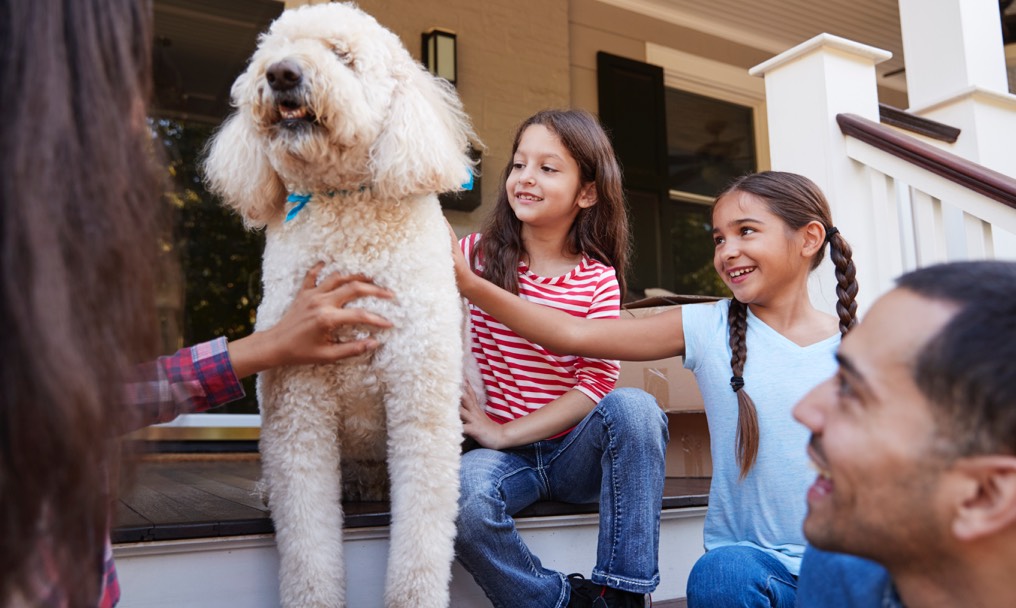Share
How to Help Friends and Family
Pets
If you are like millions of animal owners nationwide, your pet is an important member of your household. The likelihood that you and your animals will survive an emergency depends largely on emergency planning done today.
Whether you decide to stay put in an emergency or evacuate to a safer location, you will need to make plans in advance for your pets. Keep in mind that what is best for you is typically what is best for your animals.
Develop a Pet Care Plan
Make plans for shelter alternatives that will work for both you and your pets in case you must evacuate. Animals may not be allowed inside public shelters.
Make a backup emergency plan in case you cannot care for your animals yourself. Develop a buddy system with neighbors, friends and relatives to make sure someone is available to care for or evacuate your pets if you are unable to do so. Be prepared to improvise and use what you have on hand to make it on your own for at least three days, maybe longer.

Visit the Virginia State Animal Response Team website for more information on pets and preparedness.
A Kit for Your Pet
Just as you do with your family’s emergency supply kit, think about your pet’s basic needs for survival, particularly food and water.
Consider two kits. In one, put everything you and your pets will need to stay where you are. The other should be a lightweight, smaller version you can take with you if you and your pets need to evacuate.
Your pet’s emergency supply kit should include:
- Food – at least three days’ worth in an airtight, waterproof container;
- Water – at least three days’ worth of water specifically for your pets in addition to the water you need for yourself and your family;
- Collar with ID tag, leash and copies of your pet’s registration information, adoption papers, vaccination documents and medical records;
- Sanitation – pet litter and litter box, newspapers, paper towels and plastic trash bags;
- Crate or other pet carrier;
- Medications and medical records; and
- Pet first-aid kit.
Check your kits regularly to ensure their contents – especially foods and medications – are fresh.

